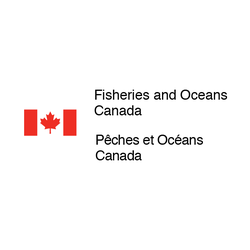
NRC — Multidirectional Wave Basin - Research Facility
At a glance
- No Condition
- Open Date : November 14, 2019
- Construction
- Transportation and warehousing
- Professional, scientific and technical services
- Canada
- For-profit business
- All revenue ranges
- All organization sizes
- All groups
Overview
Assess fixed and floating maritime structure performance and marine operations in ocean environments with this fee-for-service 36 m × 30 m × 3 m multidirectional wave basin.
Activities funded
Eligibility
The text provided does not specify any specific grant or eligibility criteria. If you have a particular grant in mind, please provide more details so that I can assist you with the eligibility criteria in English.
Who is eligible?
This grant appears to be relevant for entities involved in the study and development of maritime structures and ocean engineering due to the NRC's focus on testing the performance of these structures under various marine conditions.
- Engineering firms specializing in maritime or coastal infrastructure development.
- Academic and research institutions focusing on oceanographic or marine engineering studies.
- Companies involved in the design and innovation of marine vehicles and operations.
- Entities seeking to improve safety and reduce lifecycle costs of marine structures through testing and optimization.
- Organizations involved in port development and coastal process studies.
Eligible expenses
The NRC's multidirectional wave basin (MWB) grant supports activities that assess maritime and coastal structures' performance under simulated ocean conditions. Eligible projects leverage the facility's capabilities to enhance the safety, performance, and cost-efficiency of marine structures and operations.
- Analysis of the interaction between short-crested waves and marine structures.
- Testing and optimization of coastal structure designs to withstand various sea states.
- Simulation of port development scenarios under complex wave, wind, and current conditions.
- Evaluation of marine vehicle performance in operational and extreme ocean environments.
- Development of optimization strategies to increase marine structure safety and reduce lifecycle costs.
- Research on the impact of local wind fields on maritime operations.
Selection criteria
- Assessment of performance of fixed and floating maritime structures - Study of coastal structures, coastal processes, and port developments - Interaction of short-crested waves, currents, and winds with coastal and offshore structures - Capability to generate regular, irregular, and multidirectional wave conditions - Significant wave heights up to 0.5m and regular waves up to 0.75m - Simulation of local wind fields and currents - Experienced professional staff with knowledge in engineering fields related to marine environments
How to apply
Review the grant eligibility criteria and guidelines
Prepare and submit a detailed research proposal
Await review and evaluation of the proposal by the grant committee
If selected, negotiate grant terms and conditions with the funding agency
Implement the research project according to the agreed-upon timeline and deliverables
Additional information
- The NRC's Multidirectional Wave Basin (MWB) is designed to assess the performance of fixed and floating maritime structures and marine operations in a controlled ocean environment. - The facility allows for studies on coastal structures, coastal processes, and port developments. - The MWB can generate a wide range of wave conditions including regular, irregular, and multidirectional waves with significant wave heights up to 0.5m and regular waves up to 0.75m. - The facility features a 60-segment directional wave machine, a pump for rapid draining and filling, and a system of active and passive wave absorbers to enhance simulation quality. - Local wind fields can be simulated using computer-controlled fans, and water currents can be generated in two directions for comprehensive testing scenarios. - Working with the NRC offers the advantages of customizable testing facilities and experienced research staff with expertise in complex ocean, coastal, and river environments.
Frequently Asked Questions about the NRC — Multidirectional Wave Basin - Research Facility Program
What is the NRC — Multidirectional Wave Basin - Research Facility?
Who can I contact for more information about the NRC — Multidirectional Wave Basin - Research Facility?
Where is the NRC — Multidirectional Wave Basin - Research Facility available?
Is the NRC — Multidirectional Wave Basin - Research Facility a grant, loan, or tax credit?
Who are the financial supporters of the NRC — Multidirectional Wave Basin - Research Facility?
More programs like this

Industrial Research Assistance Program (IRAP) – AI Assist
National Research Council Canada (NRC)
Industrial Research Assistance Program (IRAP) — Youth Employment Program (YEP)
National Research Council Canada (NRC)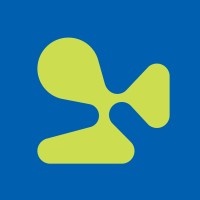
Mitacs Accelerate
Mitacs
ISED — Artificial intelligence (AI)
Innovation, Science and Economic Development Canada (ISED)
Global Innovation Clusters
Innovation Canada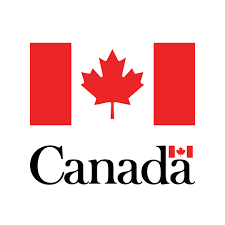
IP for Business
Canadian Intellectual Property Office (CIPO)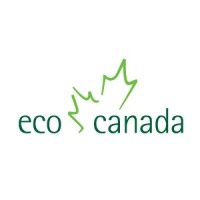
ECO Canada — Student Work Placement Program
ECO Canada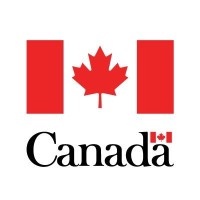
Enhanced Road Safety Transfer Payment Program (ERSTPP)
Transport Canada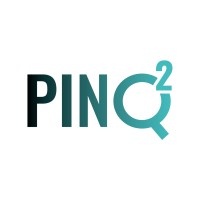
Digital and Quantum Innovation Platform — PINQ²
Plateforme d'Innovation Numérique et Quantique